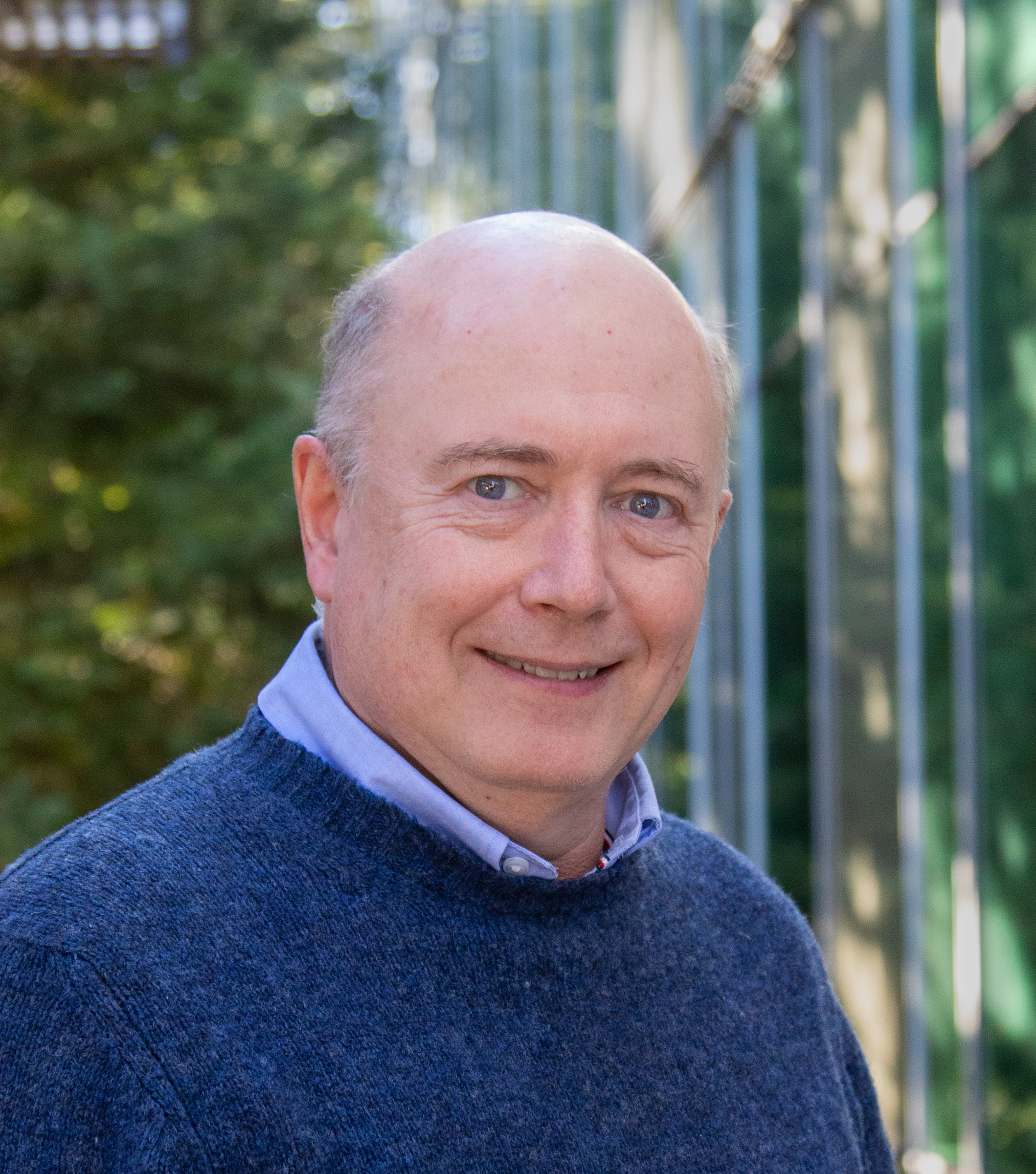Luca de Alfaro is a professor in the Computer Science and Engineering department at UCSC, where he has been a faculty member since 2001.
Research Interests
Current research interests include ML/AI, computational ecology, and networks. Past resarch has focused on formal methods, software engineering, game theory, and reputation systems. For more information, see the Research page.
Honors
Luca de Alfaro is a Foreign Member of the Turin Academy of Sciences, and is a Fellow of the Association for Computing Machinery. He has received four test-of-time awards for his contributions to formal methods, software engineering, and game theory. Biography.
Background
Luca de Alfaro graduated from Politecnico di Torino, Italy, and then earned a Ph.D. in Computer Science from Stanford University, where he was a student of Zohar Manna. For three years he was a postdoc at UC Berkeley, working with Tom Henzinger; after that, he joined the faculty at UCSC.
